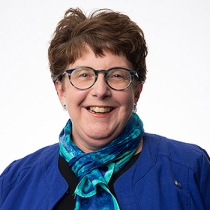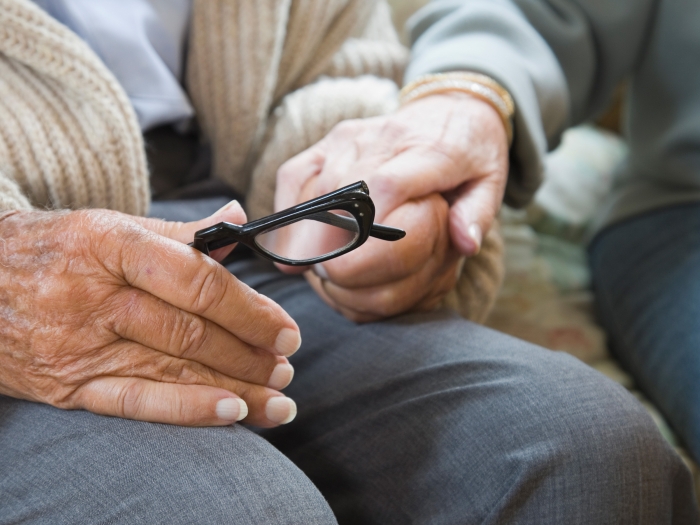Research and Policy Media Relations Manager
Gavin draws on more than 25 years of experience in communicating about science, medicine and health policy. She focuses mainly on the health services research done by members of the U-M Institute for Healthcare Policy and Innovation, who work to understand and improve the safety, quality, equity and affordability of health care. As part of the Michigan Medicine communication team, she has lead responsibility for primary care and mental health topics. Contact: [email protected]; Twitter: @Karag


Health Lab
An effort to reduce use of PPI heartburn drugs in veterans because of overuse, cost and potential risks succeeded, but provides lessons about deprescribing efforts.

Health Lab
In the past two years, 60% of people age 50 to 80 have visited an urgent care clinic, or a clinic based in a retail store, workplace or vehicle, according to new findings from the University of Michigan National Poll on Healthy Aging.

Health Lab
Telehealth study of patient portal e-visits by Medicare participants shows few had an interaction for which their provider billed them.

Health Lab
Most people with risk factors for cardiovascular disease – what are sometimes called the Essential Eight – are managed by primary care clinics, or haven’t seen any provider recently

Health Lab
Perinatal mental health research shows more pregnant people and those who have recently given birth are getting diagnosed and treated for depression, anxiety and PTSD, but disparities remain.

Health Lab
A new study suggests the need for more efforts to help both members of a couple weigh and choose their Medicare options together, because most changes of plan occur with both members of the couple changing from the same option to the same option.

Health Lab
Sexual harassment of all kinds is a common experience among first-year medical residents, also known as interns, especially those in surgical specialties, but it may be declining.

Health Lab
Many women don’t get cervical cancer screening such as Pap tests, or don’t go for follow up diagnostic tests; a new study shows what could happen if all of them did.

Health Lab
Michigan has a set of new laws related to firearms, all designed to reduce the risk of injury and death across the state.

Health Lab
Data on the race and ethnicity of patients underpins efforts to reduce health care disparities, but a study shows inconsistent recording in emergency departments

Health Lab
Patients living in areas with the worst shortages of primary care providers are more likely to have emergency surgery, surgical complications and hospital readmissions.

Health Lab
Many people aged 50 to 80 who said they take aspirin multiple times a week may not need to do so and could be causing health risks, according to National Poll on Healthy Aging.

Health Lab
Today, thanks to researchers, medical and public health experts, pharmaceutical companies, engineers and others, we know more and can do more about the coronavirus called SARS-CoV2, and the disease called COVID-19, than ever before.

News Release
U-M researchers' work made the bracket in the 2024 STAT Madness tournament of science, and need public support to advance

Health Lab
How do ageism and positive age-related experiences differ for people who have tried to look younger, or feel they look younger, than they actually are? A new study examines this and the relationship with health